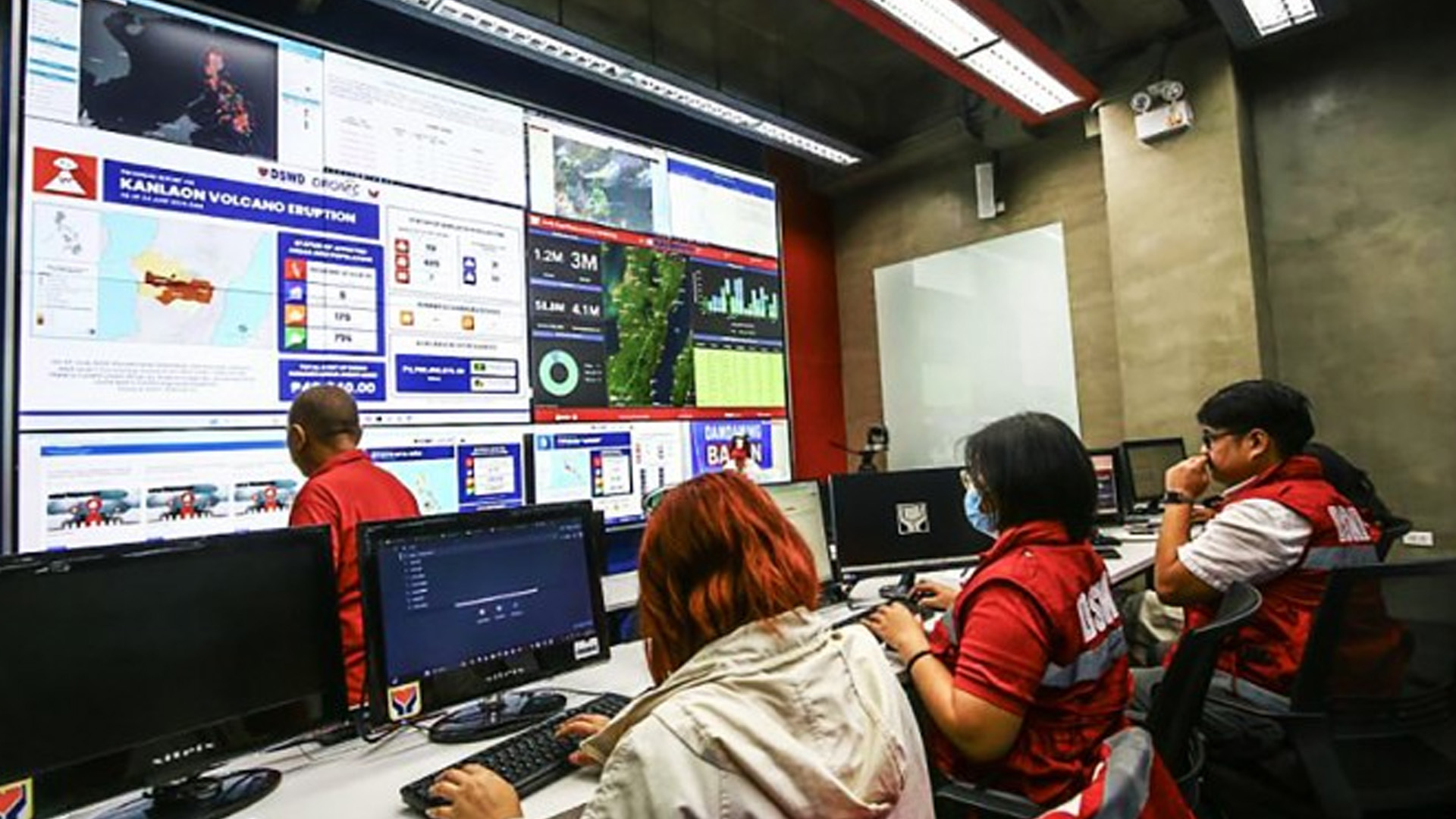President Ferdinand R. Marcos Jr. on Friday called on concerned government agencies and local government units to work together to develop science-based innovations to ensure a “more effective” disaster response.
Marcos made the call, as he stressed that the evolving circumstances have made it imperative for the disaster risk reduction and management (DRRM) system to undergo continuous improvement.
“It includes our individual obligation to follow proactive, vigilant, and adaptable strategies for our own and our communities’ safety,” he said during the 24th Gawad KALASAG National Awarding Ceremony at the Philippine International Convention Center in Pasay City.
“I once again call on the NDRRMC (National Disaster Risk Reduction and Management Center) and all other concerned agencies and the LGUs – our always our first responders – to continue working together to develop innovative solutions that are science-based, that are sustainable, and are future-ready, and establish clear guidelines for more effective disaster-response,” he added.
Marcos said the scientific innovations for disaster response should be guided by the “Build Back Better” strategy in recovery, rehabilitation, and reconstruction.
He emphasized the need to “think ahead,” considering that the Philippines is one of the most disaster-prone countries in the world.
He said the Filipinos’ bravery, resilience, ingenuity, and compassion always prevail, especially in times of crises.
“The Philippines has frequently been visited by typhoons, exacerbated now by climate change, and is situated in the Pacific Ring of Fire – as evidenced now by what we are experiencing with the Kanlaon eruption – and we are known therefore for volcanic and seismic activities,” Marcos said. “And all of these compel us to establish a culture of preparedness and institutionalize disaster risk reduction and management practices across all sectors.”
During the event, Marcos honored individuals and institutions with invaluable contributions to the country’s resilience amid disasters, saying the initiatives of the Gawad KALASAG awardees to go “above and beyond to ensure the safety and well-being of their respective communities.”
Marcos paid tribute to one of the awardees, Rafael Valencia, for his contribution through innovative policies, technological advancements, and transformative strategies on climate change and DRRM.
Valencia’s significant contributions include the creation of the 911 On Call Incorporated; the implementation of Ang Pailaw at Pabahay Program to aid in the reconstruction of houses in remote and poor areas; and the initiative on mobile vaccination to far-flung villages.
Marcos also acknowledged students John Niño Suarez at Emer Jhune Donaire who were among the awardees for their courage to save a drowning victim, despite lack of training on water rescue.
“The increasing frequency and intensity of hazardous events have provided us with insights that have shaped our approach and have saved many lives. Many of those lessons we learned from you,” he said.
“In the spirit of this holiday season, let us remember our fellow Filipinos in need, especially those who are still now affected by recent calamities. Let us always extend a helping hand and always include them in our thoughts and in our prayers,” Marcos added.
The Gawad Kalasag is a recognition program by the NDRRMC and the Office of the Civil Defense for stakeholders in advancing disaster risk reduction and management, climate change adaptation, and humanitarian assistance programs.
The program also recognized the contributions of public offices, educational institutions and private establishments. (PNA)























